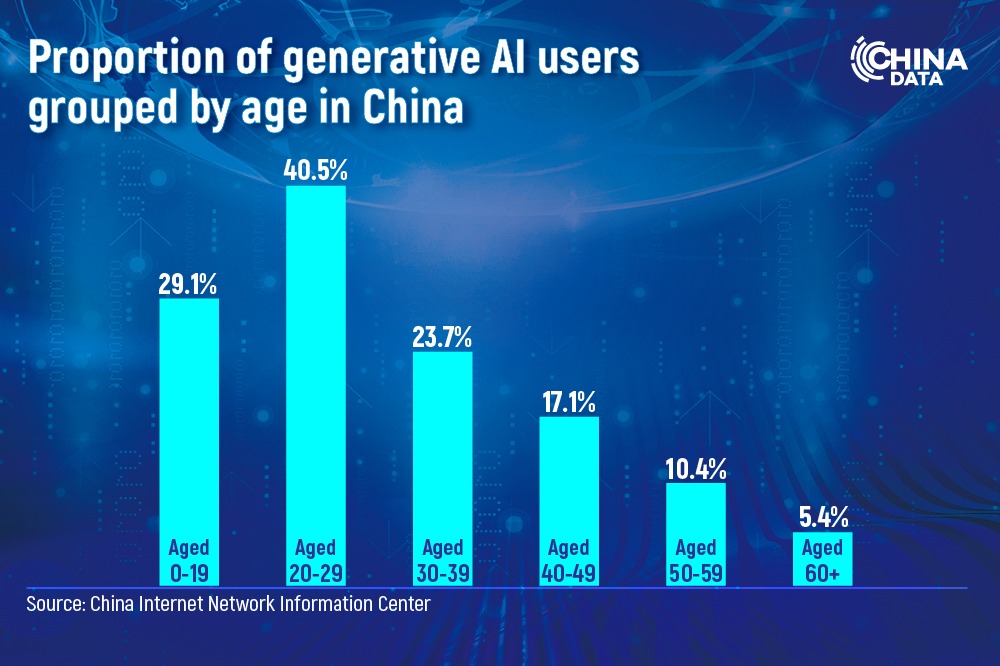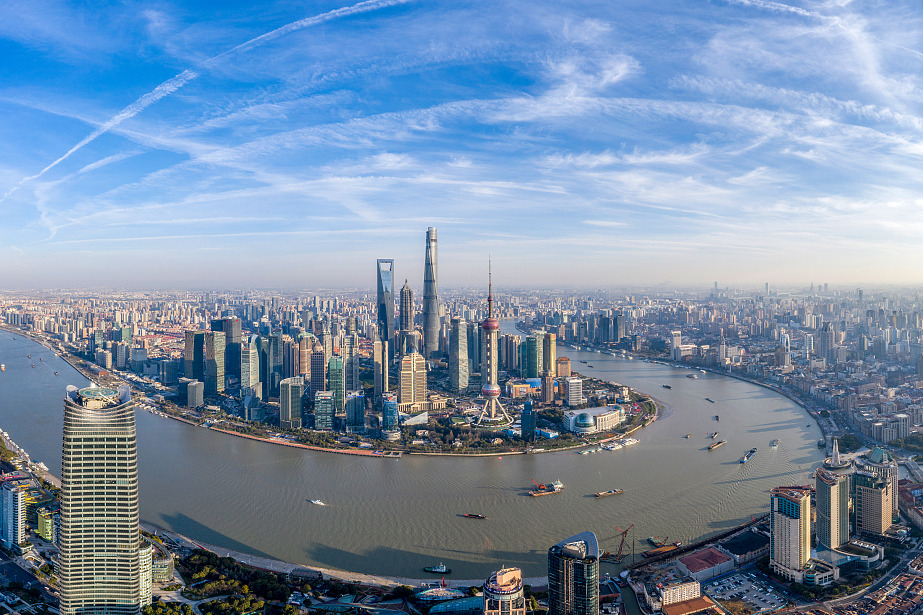Japan needs to change policy on immigration to boost economy

Spring is the time when Japanese companies recruit college graduates. Students who will graduate this spring in Japan seem to be the happiest people in the world thanks to the best job market in decades. More than 60 percent of the students graduating this year got preliminary job offers in June last year.
Japan had 1.59 jobs for every applicant in January, the highest since 1974. And the unemployment rate stood at 2.8 percent in December, the lowest among developed countries.
Japan, however, has the worst manpower shortage since the early 1970s. According to a survey conducted by Japan's Ministry of Finance, about 71 percent of the more than 1,300 companies said they are undermanned.
And Japan Post Co has said it will raise the basic shipping fees for its door-to-door parcel delivery service by an average 12 percent from March, as labor costs continue to climb due to a shortage of couriers.
The Japanese government decided in mid-February to raise the retirement age of public servants, from 60 years to 65 years in stages. At the earliest, the bills to revise the related laws, such as the National Public Service Act, are expected to be submitted to the parliament in 2019 to enable the retirement age to be extended in phases from fiscal 2021.
At present, Japanese citizens can choose to start receiving their pensions at any point between the ages of 60 and 70, with higher monthly payments offered to those who do so after their 65th birthday. And the government has said it would support companies that raise their mandatory retirement age, which is 60.
Still, immigration remains unpopular in Japan as the country wants to retain a strong perception of ethnic and cultural homogeneity.
Learning from the experiences of countries such as Canada, however, Japan introduced a points-based system for "highly skilled foreign professionals" in 2012. Advanced degrees, language skills, work experience and other qualifications are tallied up, and a high score can help foreign workers earn permanent residency-equivalent to a US green card-in as little as one year. After that, it would take up to five years of residency and another year or so of paperwork for a foreigner to become a Japanese citizen.
The total number of legal foreign workers in Japan remains small, at 1.28 million as of October 2017, in a total population of 127 million. While people in Japan don't welcome immigrants, the Japanese government has moved to expand the scope of a system under the "technical intern trainee" program. In 1993, Japan launched the Technical Intern Training Program as a way to contribute to the international community by sharing Japanese knowledge and technology with the developing world. But people from developing countries including China have ended up toiling in hardscrabble sectors such as agriculture, fisheries and construction in which fewer and fewer Japanese choose to work.
Japan's Ministry of Labor says 40,000 companies have accepted foreign trainees under the program. The total number of foreigners working under the program increased by 120,000 in four years to nearly 260,000 in October last year.
After one year of training, during which the migrant workers receive subsistence pay below the minimum wage, the workers are allowed to work for two more years in their area of "expertise" and earn the usual wages, in principle. But cases of long working hours, unpaid wages, violence and harsh living and working conditions have been reported.
Japanese and foreign critics say migrant workers from developing countries have become a source of cheap labor in Japan, which has one of the world's most rapidly aging populations and lowest birthrates.
Under a new law that took effect in November, nursing care has been added to the list of sectors in which foreign trainees can work. And the maximum period of on-the-job training has been extended to five years for companies with good records.
No wonder the Asahi Shimbun has asked the Japanese government to rework its shameful foreign trainee program.
The author is China Daily Tokyo bureau chief. [email protected]


































